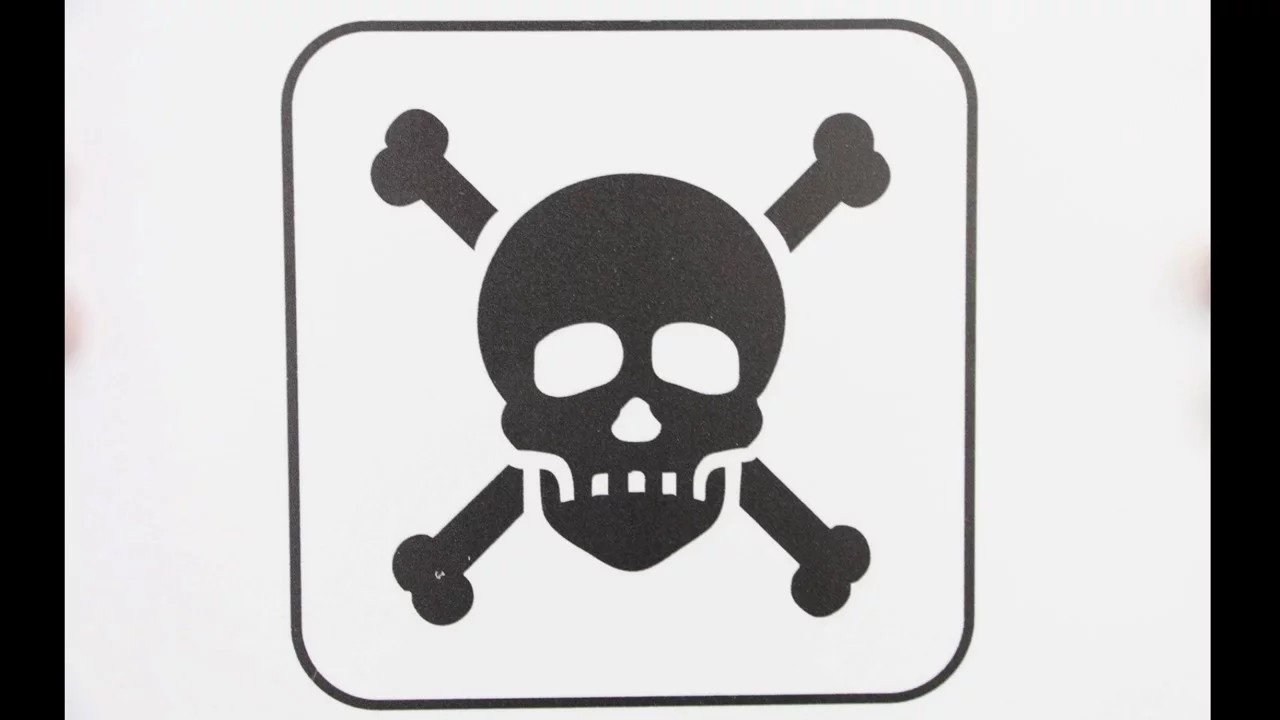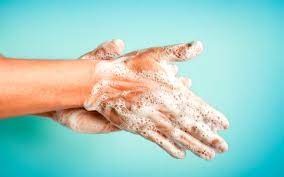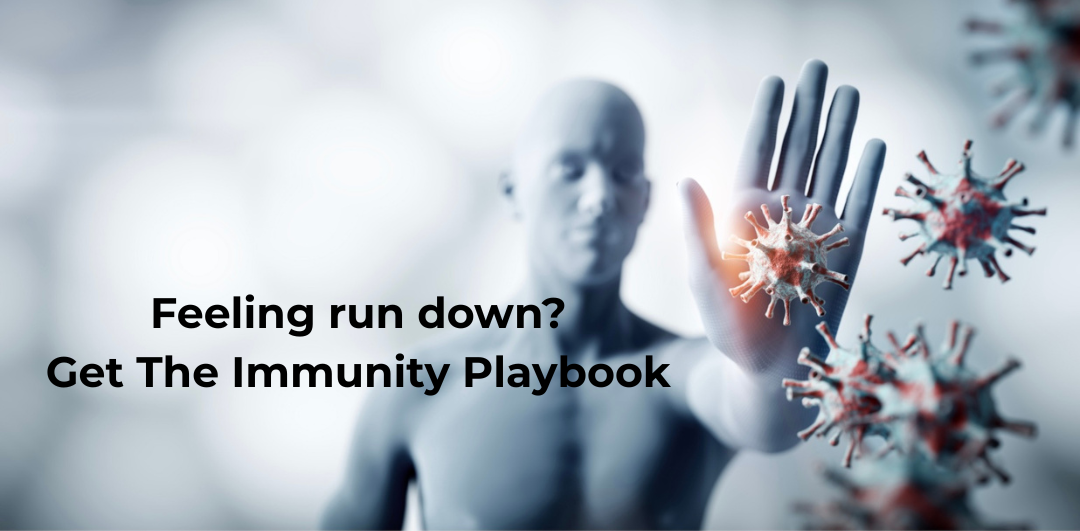Toxicity Finally Gets Banned
Apr 05, 2021
In 2014, the FDA announced that manufacturers had to show that antibacterial soap was both safe and more effective than simply washing with conventional soap and water, or they would have to take it off the shelves in the next few years. In 2016, the Food and Drug Administration finally announced it’s banning triclosan and related antibacterial soap chemicals, meaning manufacturers have one year to remove it and 18 other antibacterial ingredients from products (or pull products containing these ingredients from store shelves). Is this a good thing? Don’t we want to have antibacterial cleansers around to keep us healthy? Well, not when they’re actually causing more harm than good!
For years, even the FDA admitted that regular soap and water proved just as effective as antibacterial soaps but without the harmful side effects, urging everyday people to skip out on the overkill of using antibacterial soap. The largest concern about antibacterial soaps and cleansers? Using them contributes to antibiotic resistance, meaning the more we expose germs to germ-fighting substances like antibiotics and antibacterial soaps, the better they adapt. (Nature is really good at adapting!) If this happens on a broad enough scale, it can essentially render that chemical useless against the strain of bacteria. This is currently a big problem in medicine—one the World Health Organization calls a “threat to global health security.” (That alone should convince you not to use the stuff!)
If that doesn’t do it, however, perhaps this will – triclosan is one of the worst endocrine disruptors to date. It interferes with the body’s regulation of the thyroid hormone, possibly because it chemically resembles the hormone closely enough that it can bind to its receptor sites. As such, it could lead to problems such as infertility, artificially-advanced early puberty, obesity and cancer. It can even hide itself in breast milk!
Add to that the fact that children with prolonged exposure to triclosan have a higher chance of developing allergies, including peanut allergies and hay fever. Scientists speculate that this could be a result of reduced exposure to bacteria, which could be necessary for proper immune system functioning and development. Prolonged exposure to this chemical also causes liver damage and is linked to liver cancer.
So we applaud the FDA’s decision to finally ban triclosan and 18 other antibacterial chemicals! Here are the important points that you need to know:
-
The active ingredients involved in this FDA antibacterial ingredient ban include: cloflucarban, fluorosalan, hexachlorophene, hexylresorcinol, iodine complex (ammonium ether sulfate and polyoxyethylene sorbitan monolaurate), iodine complex (phosphate ester of alkylaryloxy polyethylene glycol), nonylphenoxypoly (ethyleneoxy) ethanoliodine, poloxamer-iodine complex, povidone-iodine 5 to 10 percent, undecoylium chloride iodine complex, methylbenzethonium chloride, phenol (greater than 1.5 percent), phenol (less than 1.5 percent) 16, secondary amyltricresols, sodium oxychlorosene, tribromsalan, triclocarban, triclosan, triple dye
- Manufacturers will have one year to comply with the rulemaking by removing products from the market or reformulating (removing antibacterial active ingredients) these products
- This FDA ban applies to over-the-counter consumer hand soaps and body washes . It does not ban the uses of these antibacterial soap chemicals sanitizers or wipes, or in soaps used in hospital or food service settings.
- The FDA is allowing one more year before ruling on three other antibacterial ingredients in consumer soaps and body washes— benzalkonium chloride, benzethonium chloride and chloroxylenol (PCMX) Consumer antibacterial washes containing these specific ingredients may be marketed during this time while data are being collected.

Oversanitation is making us sicker than ever, guys. It does all of the above; it can lead to nutrient deficiencies and digestive issues; and it even affects the environment. So make sure you go the soap and water route always and clean friendly!


